Understanding the Benefits of Synthetic Leather in the Shoe Industry In the world of footwear, the choice of material is a crucial factor that ultimately contributes to the overall quality and comfort of the shoes. As consumers become more conscious about the environmental impact of their purchases, the demand for sustainable and ethical products is on the rise. Synthetic leather, also known as faux leather or vegan leather, has emerged as a viable alternative to traditional leather in the shoe industry. In this article, we will explore the benefits of synthetic leather and its increasing popularity among shoe manufacturers and consumers alike. 1. Animal-Friendly and Ethical: One of the primary reasons why synthetic leather has gained significant traction in the shoe industry is its ethical appeal. Unlike genuine leather, synthetic leather is not derived from animal hides, which makes it a cruelty-free option. For those who are passionate about animal rights and do not wish to contribute to the exploitation of animals for fashion, synthetic leather provides a guilt-free alternative.
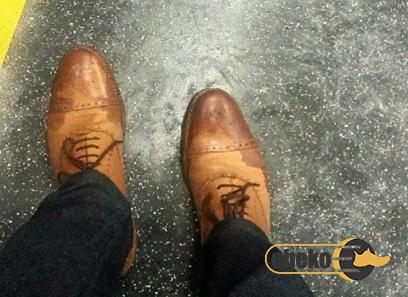
.
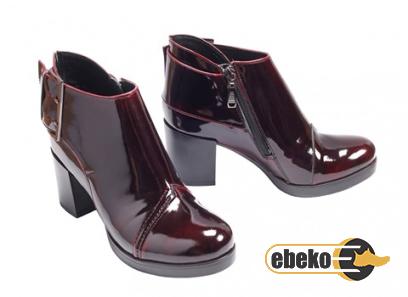 2. Cost-Effective: Traditional leather, particularly high-quality leather, can be quite expensive, making it less accessible to a wide range of customers. On the other hand, synthetic leather is more affordable to produce, making shoes crafted from this material relatively cheaper. This cost advantage allows shoe manufacturers to offer a wider range of styles and designs at a more pocket-friendly price point. 3. Durability and Versatility: Synthetic leather has come a long way in terms of its quality and durability. Advancements in manufacturing techniques and materials have resulted in synthetic leather that closely resembles genuine leather in its appearance and texture. Moreover, it has proven to be highly resistant to wear and tear, making it a reliable choice for shoes that are meant to withstand daily use. Additionally, synthetic leather offers a wide range of colors, finishes, and patterns, making it a versatile material for shoe designers to showcase their creativity and cater to various consumer preferences.
2. Cost-Effective: Traditional leather, particularly high-quality leather, can be quite expensive, making it less accessible to a wide range of customers. On the other hand, synthetic leather is more affordable to produce, making shoes crafted from this material relatively cheaper. This cost advantage allows shoe manufacturers to offer a wider range of styles and designs at a more pocket-friendly price point. 3. Durability and Versatility: Synthetic leather has come a long way in terms of its quality and durability. Advancements in manufacturing techniques and materials have resulted in synthetic leather that closely resembles genuine leather in its appearance and texture. Moreover, it has proven to be highly resistant to wear and tear, making it a reliable choice for shoes that are meant to withstand daily use. Additionally, synthetic leather offers a wide range of colors, finishes, and patterns, making it a versatile material for shoe designers to showcase their creativity and cater to various consumer preferences.
..
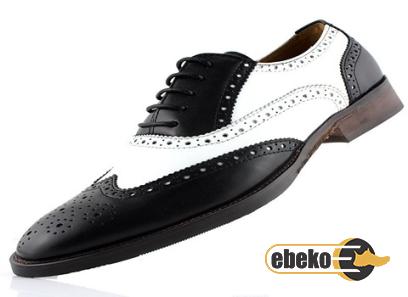 4. Environmentally Sustainable: The environmental impact of the fashion industry, particularly the leather industry, has been a growing concern. The production of genuine leather involves toxic chemicals and significant water and energy consumption, contributing to deforestation and pollution. In contrast, synthetic leather can be manufactured without the use of harmful chemicals and with minimal wastage. Additionally, the rise of sustainable manufacturing practices, such as using recycled materials or plant-based alternatives, further underscores the eco-friendliness of synthetic leather. 5. Easy Maintenance: Shoes made from synthetic leather are typically easier to clean and maintain compared to genuine leather shoes.
4. Environmentally Sustainable: The environmental impact of the fashion industry, particularly the leather industry, has been a growing concern. The production of genuine leather involves toxic chemicals and significant water and energy consumption, contributing to deforestation and pollution. In contrast, synthetic leather can be manufactured without the use of harmful chemicals and with minimal wastage. Additionally, the rise of sustainable manufacturing practices, such as using recycled materials or plant-based alternatives, further underscores the eco-friendliness of synthetic leather. 5. Easy Maintenance: Shoes made from synthetic leather are typically easier to clean and maintain compared to genuine leather shoes.
…
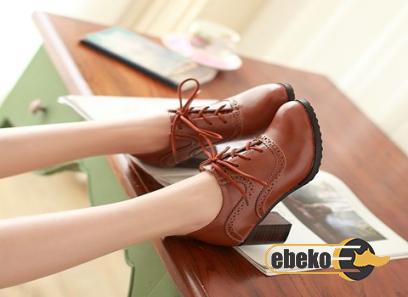 Synthetic leather is less prone to stains and discoloration, and it can often be wiped clean with a damp cloth. This convenience appeals to consumers who lead busy lifestyles and prefer low-maintenance footwear options. In conclusion, synthetic leather has become increasingly popular in the shoe industry due to its animal-friendly nature, cost-effectiveness, durability, versatility, environmental sustainability, and ease of maintenance. As more consumers prioritize ethical and sustainable choices, the demand for shoes made from synthetic leather is expected to continue to grow. With advancements in manufacturing techniques and a focus on innovation, the world of synthetic leather shoes holds great potential for the future.
Synthetic leather is less prone to stains and discoloration, and it can often be wiped clean with a damp cloth. This convenience appeals to consumers who lead busy lifestyles and prefer low-maintenance footwear options. In conclusion, synthetic leather has become increasingly popular in the shoe industry due to its animal-friendly nature, cost-effectiveness, durability, versatility, environmental sustainability, and ease of maintenance. As more consumers prioritize ethical and sustainable choices, the demand for shoes made from synthetic leather is expected to continue to grow. With advancements in manufacturing techniques and a focus on innovation, the world of synthetic leather shoes holds great potential for the future.


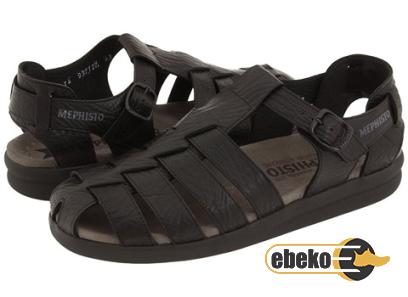
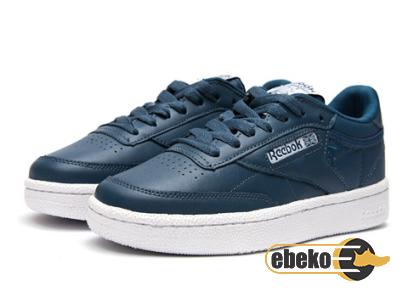
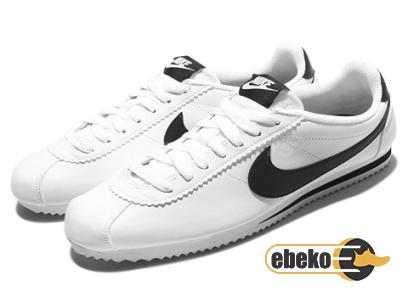


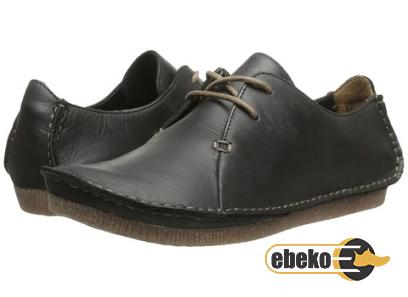
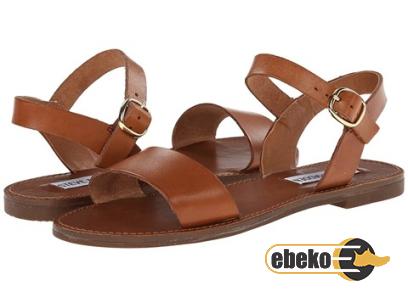
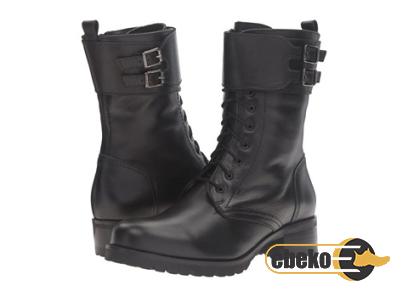
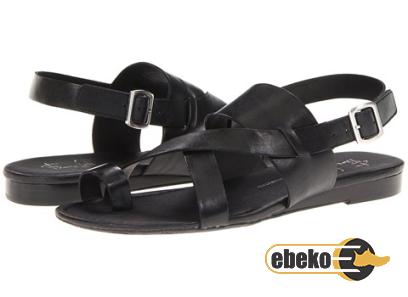
Your comment submitted.